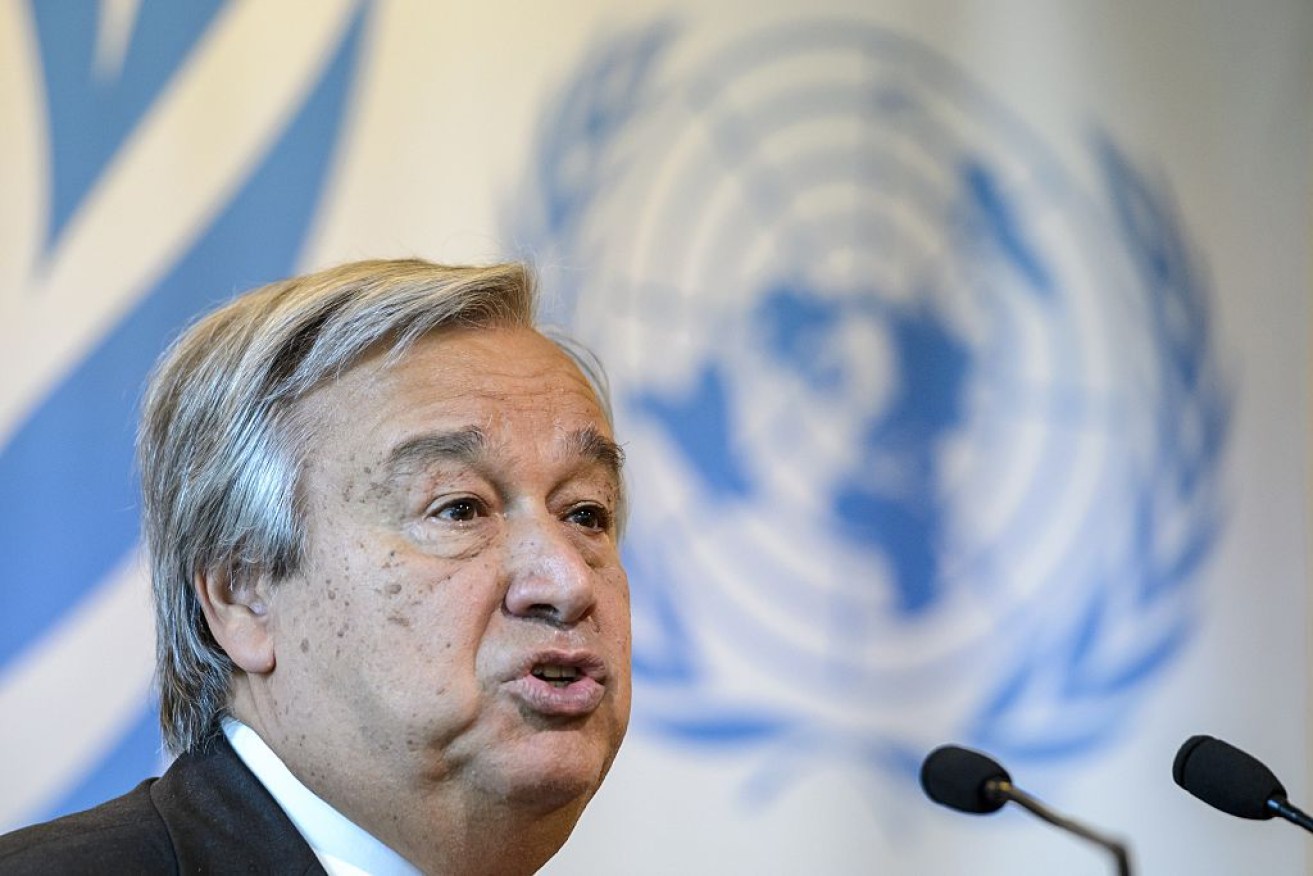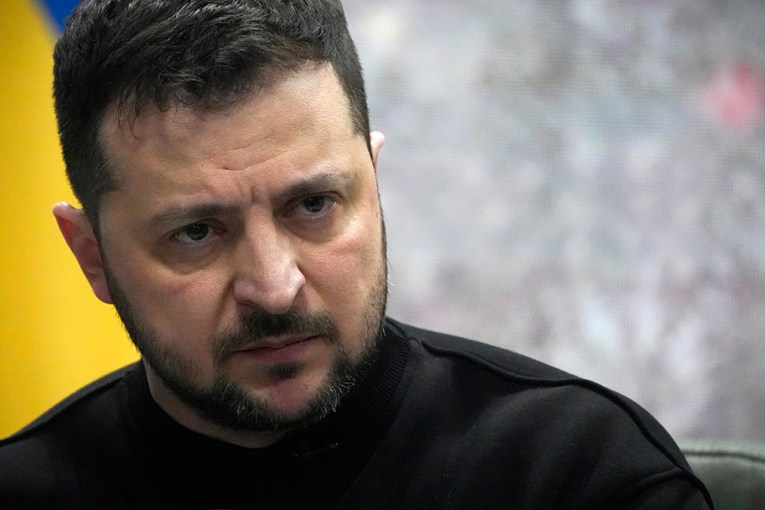UN’s new Catholic boss opposed to abortion and marriage equality

Former Portuguese prime minister Antonio Guterres will take over as US secretary general from December. Photo: Getty
Australian women’s groups are disappointed the United Nations will be led by another man for the next five years, despite a strong push to install ex-World Bank executive Kristalina Georgieva to the key post.
Former Portuguese prime minister and president Antonio Guterres was elected to take over from incumbent Ban Ki-moon when he retires at the end of December.
Mr Guterres was previously president of the Socialist International and held the post of the UN’s High Commissioner for Refugees for a decade until the end of last year.
Mr Guterres is a devout Catholic and is well known in Portugal for his staunch opposition to abortion and marriage equality.
His candidacy was opposed by international gay rights organisations.
In 1995 Mr Guterres described homosexuality as “a mental disorder” and US gay activists are now calling on President Barack Obama to veto his appointment on the UN Security Council.
Many women’s groups had agitated for Ms Georgieva – a leading Bulgarian economist – but her bid was scuttled by the Security Council, which elected Mr Guterres after the sixth polling round.
He is the ninth man to lead the UN in its 71-year history.
Women candidates miss out – again
Ms Georgieva was one of four women bidding for the top position, along with former New Zealand prime minister Helen Clark, UNESCO head Irina Bokova and Argentina’s foreign minister Susanna Malcorra.

Former World Bank executive Kristalina Georgieva was a favourite for the UN top job
The high-profile candidates stoked hopes in recent months that the Security Council would appoint a woman to the top job for the first time.
While Ms Clark’s bid drew much attention in Australia and New Zealand, she struggled to garner support from the 15-member Security Council.
It is understood that she was neither the preferred candidate of the United Kingdom nor the US.
There is now concern among international aid and development agencies that the global push for women’s rights and marriage equality could lose momentum under Mr Guterres’ leadership.
Portugal eventually legalised abortion in 2007 after a national referendum, but state support for birth control was curtailed by the parliament in January this year.
Local women’s aid and health agencies raise concerns
The Australia-based International Women’s Development Agency (IWDA) – a not-for-profit focused on aid projects in the Asia Pacific – panned the Security Council for overlooking women candidates again.
“It is outrageous that after 70 years, and vocal lobbying from women around the world saying that the next appointment must be a woman, that the UN is saying there is not a single woman on the planet capable of doing the job,” said IWDA chief Jo Hayter.
“If we have a person sitting in this position who is not comfortable with women’s choice, we have a leader from the past, not a visionary for the future.
“Anyone sitting in this position must be an advocate for women’s right to make decisions about their lives.”







